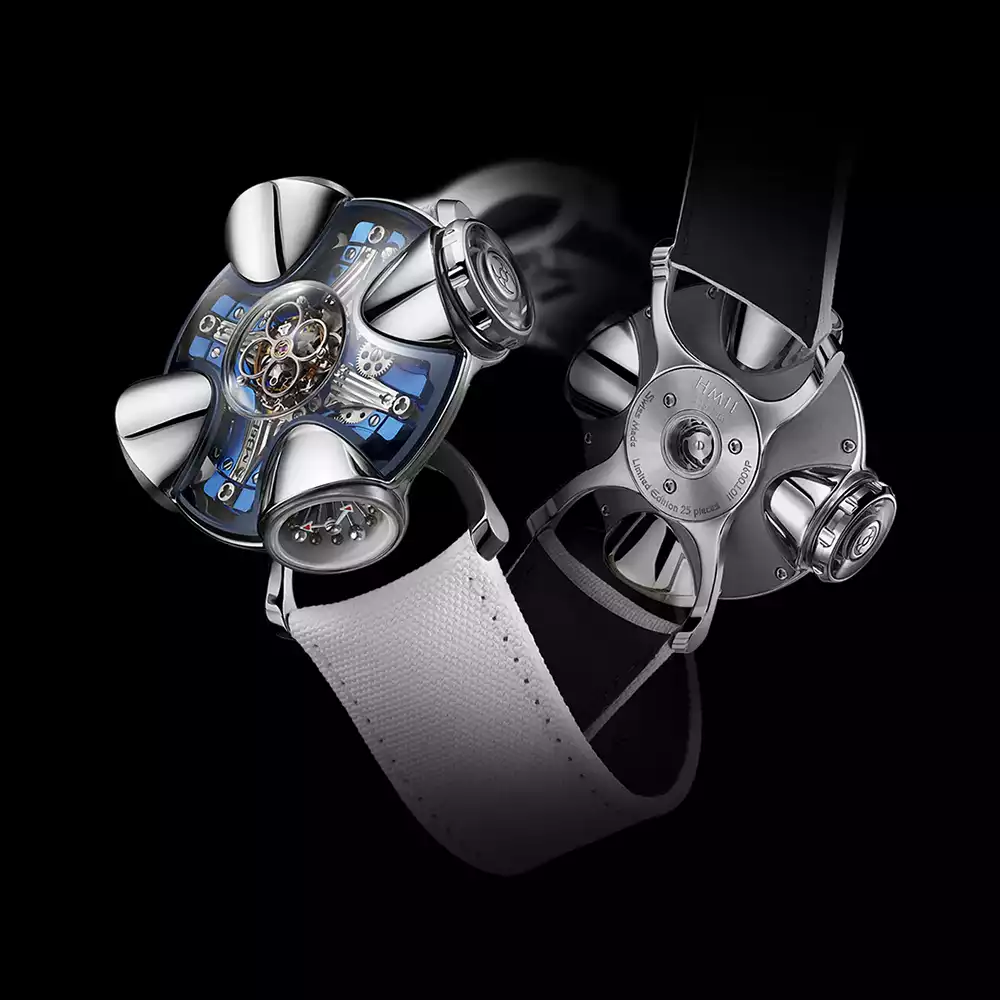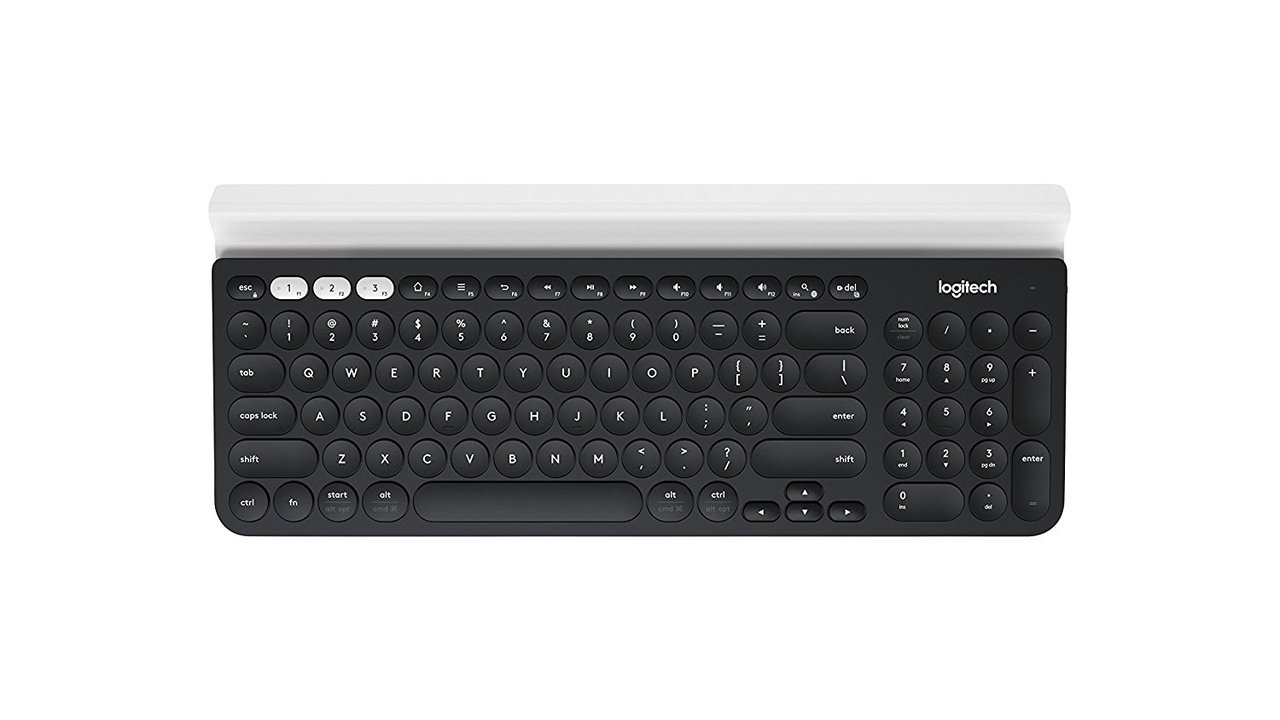Inspired by the architectural marvels of the 1960s, unveils its latest horological masterpiece, the HM11 Architect. It all began back in 2018 when Eric Giroud first sketched out the blueprints, drawing on his architectural expertise to lay the foundation for the HM11’s design. This innovative fusion of watchmaking and architecture manifests in a 42mm-wide and 23mm-thick case, housing four distinct chamber displays, each serving a unique function within its four “rooms.” The intricate case rotates a full 360 degrees, allowing any of the four indications to be easily positioned facing you. Crafted with titanium walls and a sapphire double-domed roof, this innovative design enables the entire structure to rotate on its foundations, thereby directly powering the mainspring.
The set of four dials encompasses one dedicated to hours and minutes, another serving as a power reserve indicator, a third showcasing a distinctive exhibition crown, and the fourth featuring a temperature indicator with display options in both Celsius and Fahrenheit. Essentially, it stands out as one of the rare contemporary mechanical watches that incorporates this unique and functional feature.
For an accurate ambient temperature reading, it’s advisable to remove the watch for a period, allowing it to acclimate to the surroundings without being influenced by your body heat.
Inside is a three-dimensional horological engine ingeniously crafted in the form of an “X,” featuring an in-house developed flying tourbillon at its core. This remarkably efficient manual-winding system requires only ten complete rotations of the case to fully power the movement, granting an impressive 96 hours of power reserve.
The watch will be available in two limited editions of 25 pieces each. One features a blue-colored mainplate paired with a matching white strap, while the other boasts a red gold dial mainplate complemented by a khaki green strap.
For more info be sure to visit MB&F’s .








